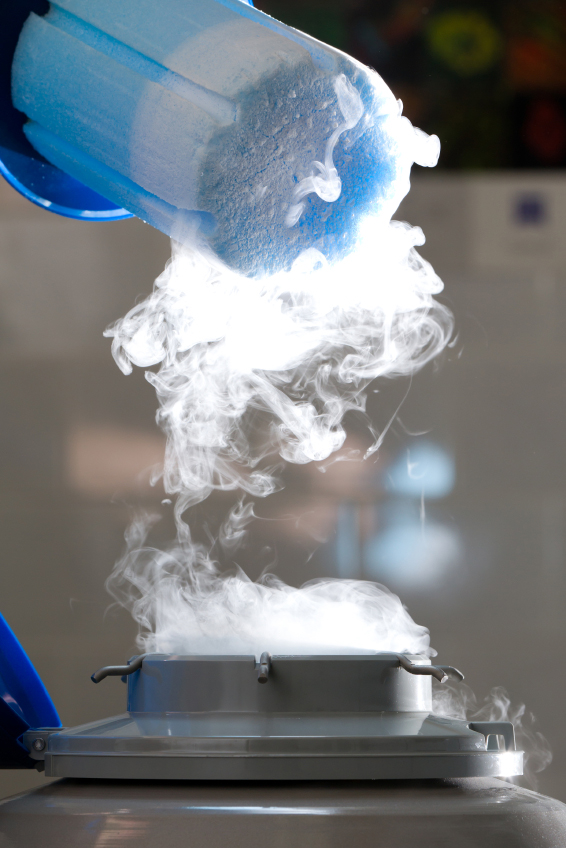Two administrative justice decisions “have just undermined the bioethics law prohibiting post-mortem procreation using frozen sperm by allowing the latter to be exported” (see Insémination post-mortem : une française obtient l’exportation du sperme de son mari décédé, Insémination post mortem : Post-mortem insemination: a French woman is allowed to export the sperm of her deceased husband, Post-mortem insemination. Le Conseil d’Etat français accède à la demande d’une veuve espagnole – the French State Council grants the request of a Spanish widow).
For Jean-Yves Nau, the question is not a new one. It has been asked for the past 40 years, i.e. ever since the freezing of sperm and embryos was first implemented. In the early days of CECOS[1] “a decision was takennot to allow the post-mortem use of sperm preserved by freezing in liquid nitrogen”. “The main argument was not to create ‘medically’ assisted orphans. Clinicians followed the opinion of psychiatric experts “who were all extremely hostile to the idea of a child being born with a deceased father. They believed that certain limitations such as death were insurmountable”.
Consequently, “a broad medical and ethical legal consensus was reached to oppose such requests. The ban was set in legal stone with the enactment of the first bioethics laws of 1994″. The debate was not reopened in 2004 orin 2011. Legal actions hit a brick wall. However, the CCNE focused on the issue in 1993 and then again in 2011, expressing “dissent“: “the death of the man should not erase the rights that the woman may consider herself to have over these embryos produced by her and her deceased partner”, it pointed out. Some more cautious members nevertheless believed that “to intentionally contribute to the birth of an orphan, based on the reasoning that the child would be the fruit of a ‘’parental project’’, would revert to the notion that this takes precedence over the interests of the child who should not be deprived of paternal love and education in a situation where the mother’s suffering takes precedence over the suffering of the unborn child”, or even that “the couple’s desire to procreate after death is at risk of being driven by an illusory desire to live on through the child and which would envelop the woman in mourning and her past life”.
According to the ABM, “the European Union is divided equally between States for and against this practice. Elsewhere in the world, post-mortem MAP (medically assisted procreation) is authorised in South Africa, Australia, Brazil, India, Israel and the United States but banned in South Korea, Hong Kong, Japan, Norway, Singapore and Taiwan”.
[1] Centre for the Study and Preservation of Sperm.
Slate, Jean-Yves Nau (2/11/2016)

